At LEAD we believe that leadership is something that can be learned and developed over time. Leadership is a function of specific intra-and-interpersonal skills that are accessible to everyone, not only a select few. The perceptions, behaviors, and skills that individuals integrate to motivate others to action play a critical role in the success or failure of new ventures, projects, and goals. In order to master these skills, individuals typically view them as competencies—behaviors that require careful reflection, evaluation, and practice. The following is a list of the sixteen competencies that serve as a starting point for leadership development, both in the classroom and beyond.
INNER MASTERY
Self-Awareness
Understands one’s personality, beliefs, capacities, and interests to develop a greater depth of understanding of oneself to engage in a more authentic and productive manner with others.
Tolerance for Ambiguity
Able to respond to an unpredictable situation by adapting one’s plans at the last minute, shifting gears as new information is presented, and/or moving forward without all the information.
Situational Awareness
Understands changes in situations and individuals around one. The willingness to adjust one’s approach and actions accordingly, as one becomes aware of these changes.
Cultural Curiosity
Possesses a deep curiosity about people’s differences and how they operate. This includes a personal passion for diverse experiences and an insatiable desire to learn about other cultures.
SKILLS
FOR THE 21ST CENTURY
Creativity
Think imaginatively and unconventionally to innovate or to develop alternative approaches to a particular task or problem.
Collaboration
Forms and leads a diverse group to become a successful entity while developing everyone to become effective in his or her role. This includes the ability to create horizontal networks that cut across geographic lines, bring people together around a common set of goals, and create a working environment that transcends geographic/departmental goals.
Critical Thinking
Ability to analyze the facts in a particular circumstance, and subsequently come up with solutions to challenges. To think critically is to exercise an analytical mindset, which involves asking the right questions and verifying the accuracy of information.
Technology Literacy
Understands tools and software that exist in the world today. As technology grows an ever more dominating presence in 21st century life, individuals need to understand its purpose, workings, and implications, to prevent abuse/misuse and to use them for solving problems effectively. Furthermore, technology literacy could foster innovation and growth.
OUTWARD SUCCESS
Champion Change
Demonstrates openness to new ideas and input from others and evaluates new ideas objectively based on their merits, regardless of who generated the ideas.
Communication
Possesses knowledge of appropriate and effective communication patterns and the ability to use and adapt that knowledge in various contexts.
Influence
Ability to persuade others to gain their cooperation and commitment.
External Partnership Management
Connects with stakeholders, peer organizations and strategic partners.
WELL-BEING
Relationship Management
Cultivates meaningful connections with others that allow students to create a trusting environment in which people care for each other, open channels of communication that allow for emergence of new ideas and honest dialogue, the development of a personal and professional support structure, and the creation of a shared commitment for a vision or task.
Humility
Understands that no matter how much one knows, there is a vast amount of knowledge that still needs to be learned and discovered, knowing that one can learn from every person one comes across.
Resilience
Overcomes adversity and failure through harvesting lessons learned and rising again/even higher to the next challenge that stands out.
Compassion and Sensitivity
Shows genuine interest in others and sensitivity to needs of others.